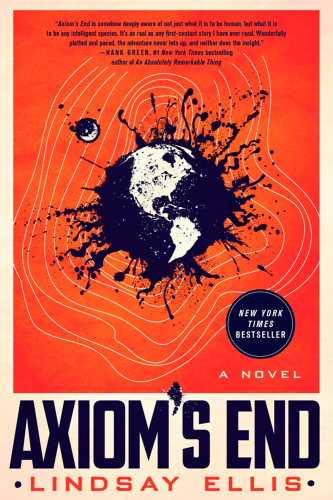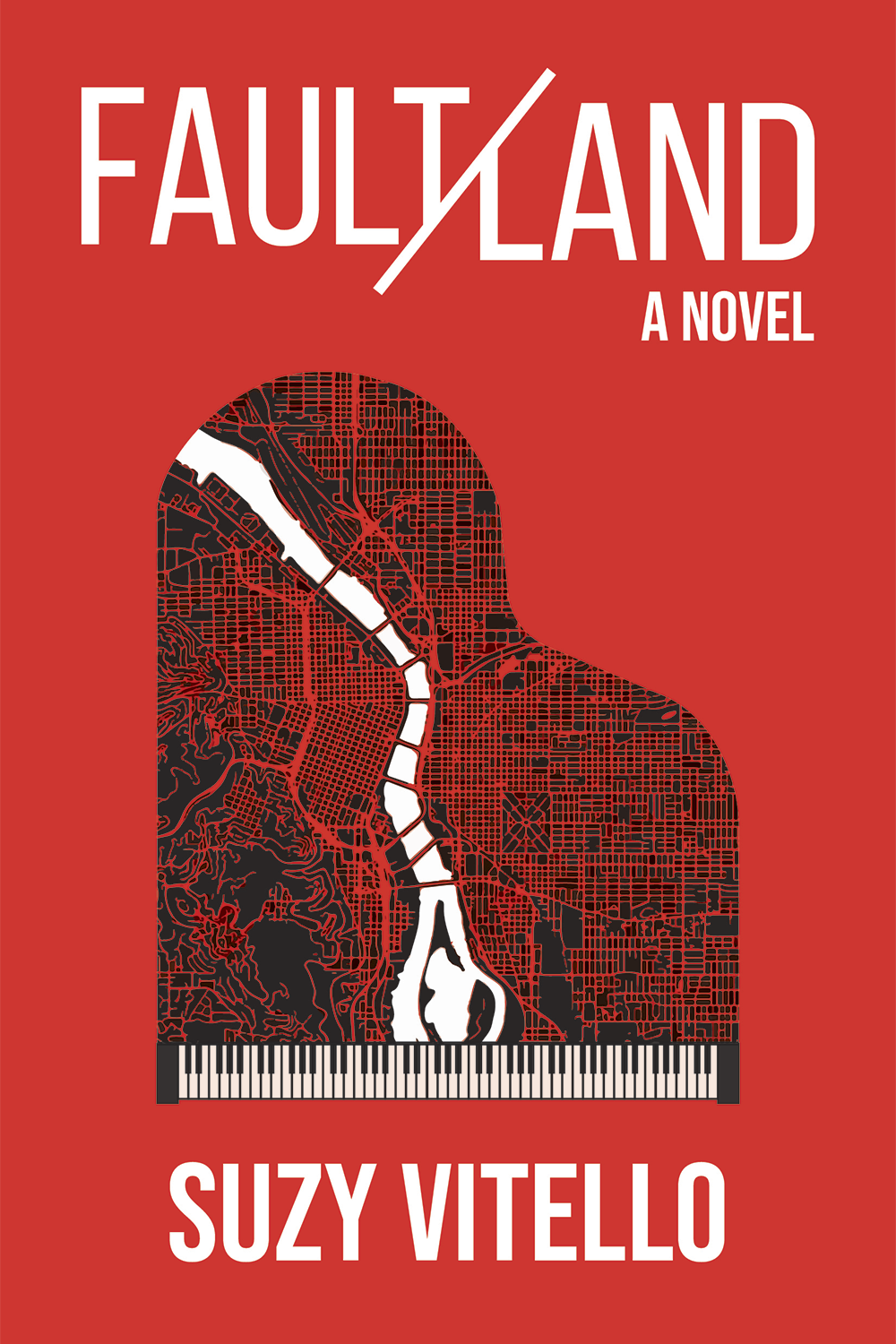
Axiom’s End by Lindsay Ellis. St. Martin’s Press, $27.95.
Hugo Award finalist Lindsay Ellis is one of the sharpest media critics working today. Her YouTube video essays illustrate her intellect and an ability to research and apply historical concepts and philosophy when analyzing pop culture. When her debut book hit the market, I was excited to read what the insightful critic would contribute to sci-fi.
Axiom’s End is a first contact novel set in 2007. Cora Sabino is the daughter of a Julian Assange-like character who leaked a report that the U.S. government might have engaged in first contact with aliens. One of the aliens chooses Sabino to be the human translator, forcing her to be conduit between Earth and the aliens.
Ellis’ book moves like a blockbuster film — and that’s not a bad thing. The blistering fast read isn’t bogged down with unnecessary subplots or language to slow down the action. And she’s constructed a fascinating world in her alternate history that makes the aliens unique without falling into the sci-fi traps of limiting readers with hard science references, too much space opera-y or clichés.
It’s unclear whether this book will have the same cultural impact as first contact books by sci-fi legends like Arthur C. Clarke, Cixin Liu or Isaac Asimov — and what makes the novel better is that Ellis doesn’t try to aim to imitate them. But for a debut, Ellis knocks it out of the park. — Henry Houston
Faultland by Suzy Vitello. Ooligan Press, coming March 2021.
I admit, with some exceptions, speculative fiction is not my thing. Add to that Suzy Vitello’s long The Overstory-esque introduction to each member of the troubled Sparrow family and it took me a bit to get into Faultland. But once in, I was hooked. Set in post-COVID-19 Portland, with all its quirks from the pot industry to disaster workers on bikes, Vitello takes the trope of the flawed family and places it in the context of a massive earthquake in a world that relies on a wrist Cuff (or Facewand if you are rightwing white supremacist) for communication, which like the iPhone it relaces, is useless in a disaster. Portland State University’s Ooligan Press reliably comes out with intriguing, readable literature from Northwest authors, and Faultland is no exception. — Camilla Mortensen
